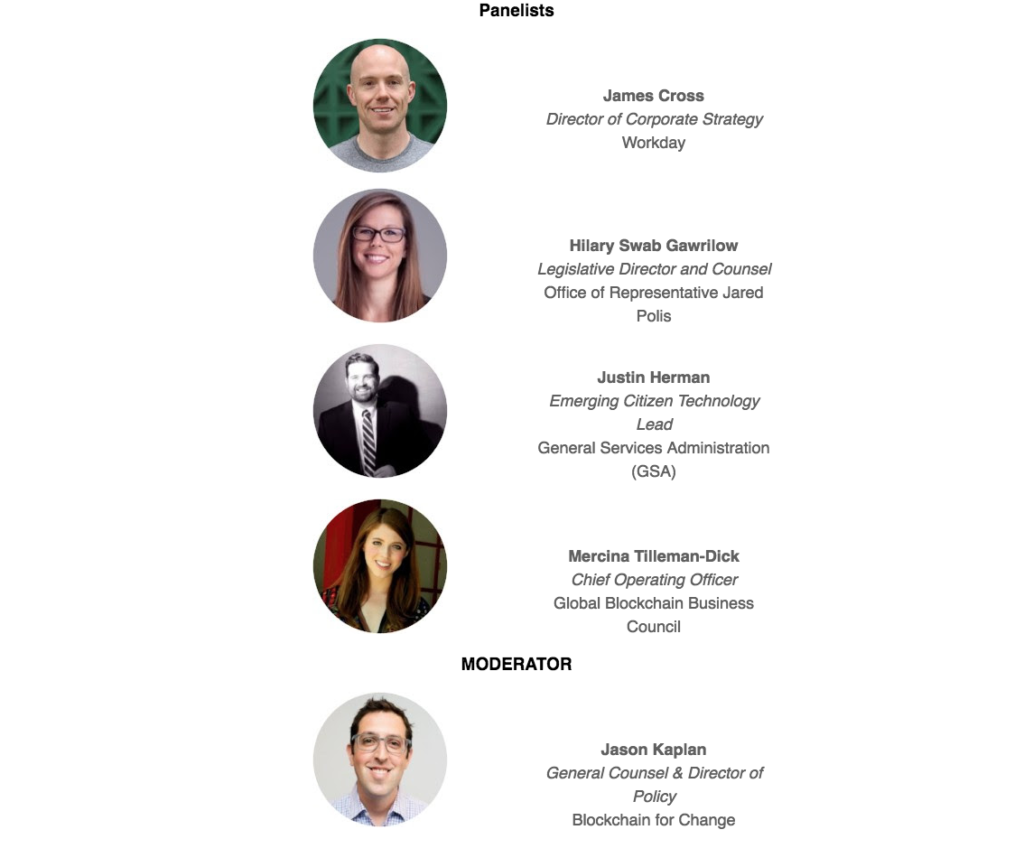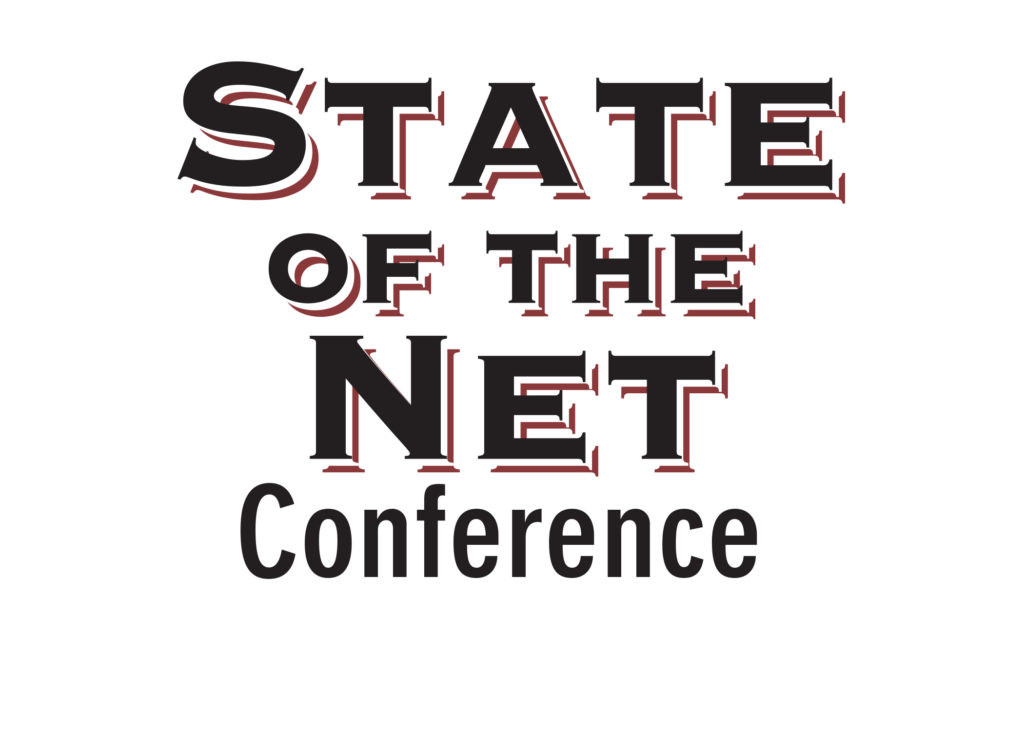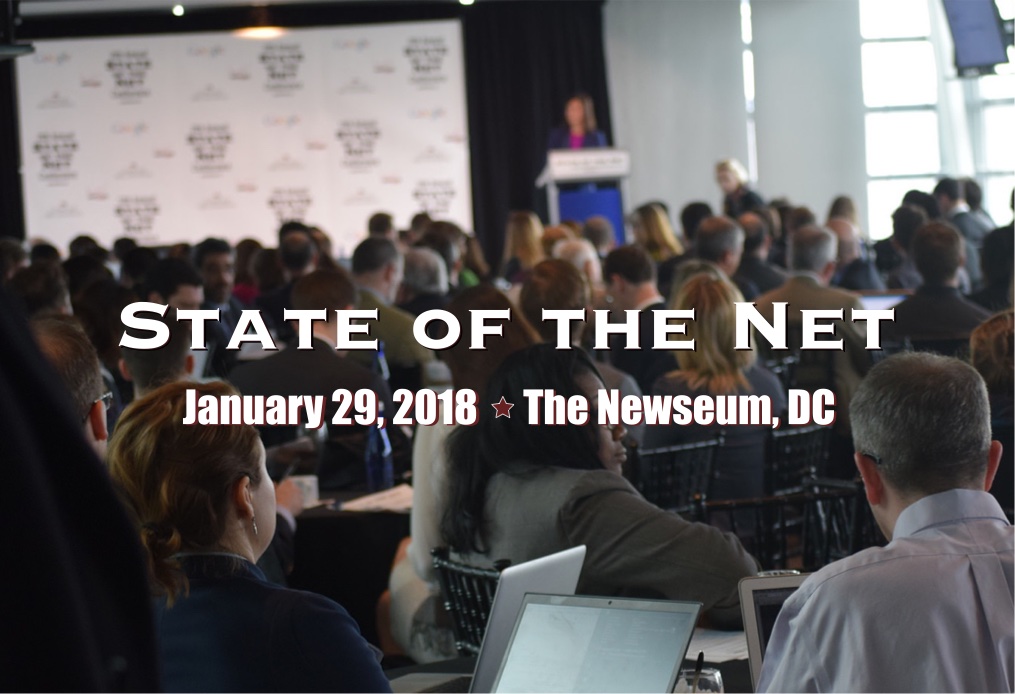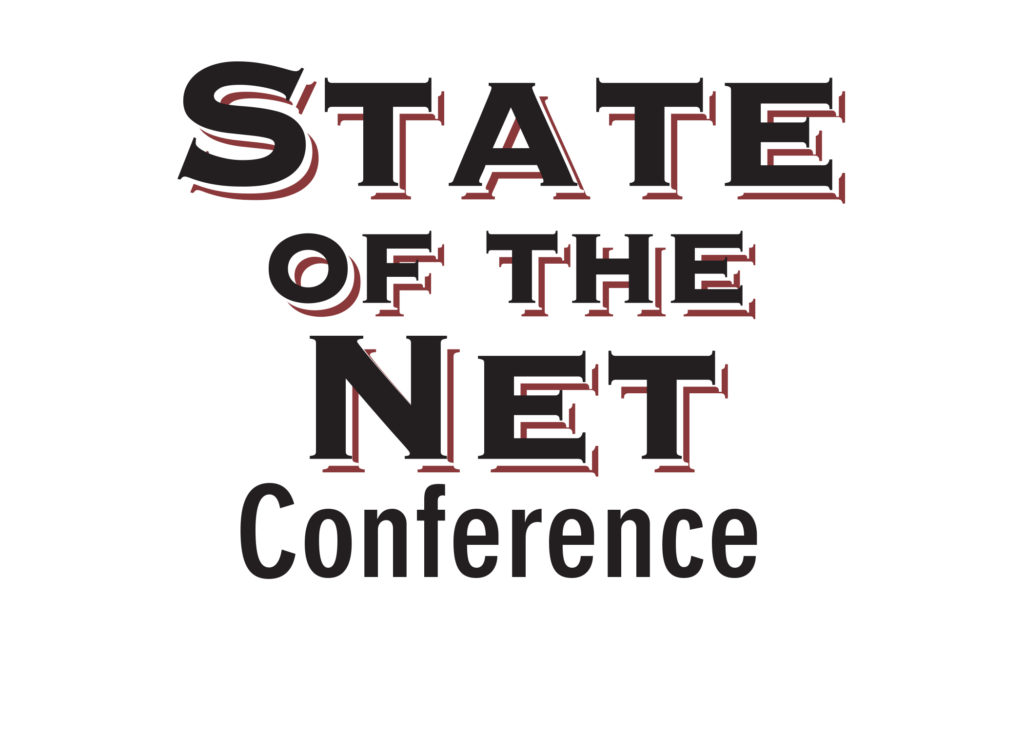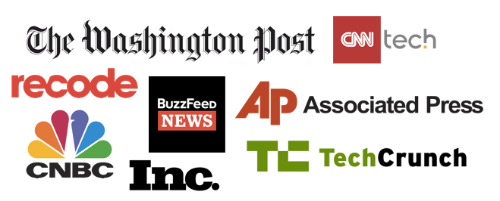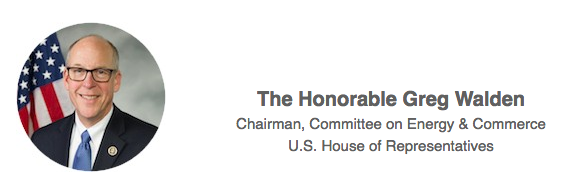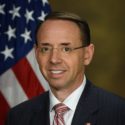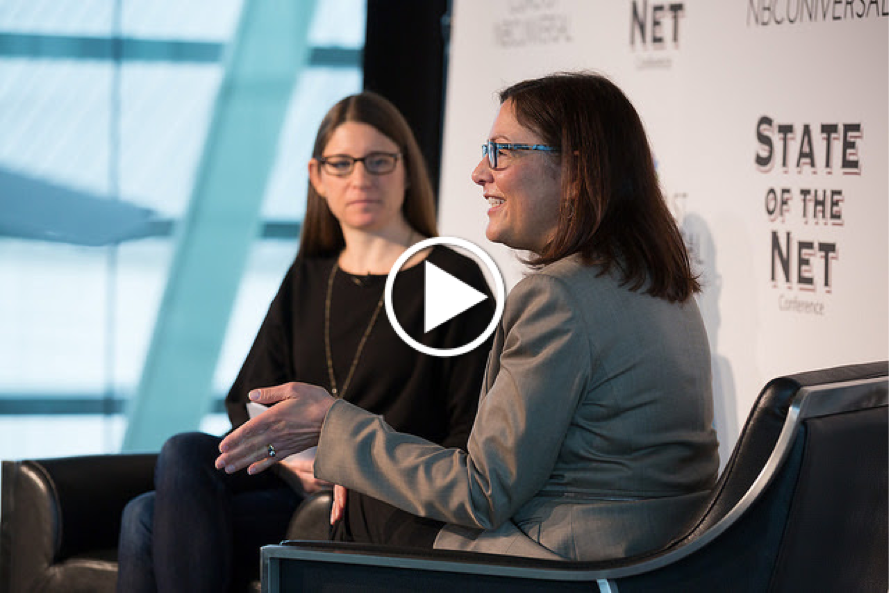Blockchain Beyond Bitcoin: 2018 State of the Net
Forget Bitcoin and Ethereum – you learned about virtual currency policy at SOTN way back in 2014 and 2015 and heard from Coinbase’s CEO then. This year we’re moving beyond those issues because there’s so much more to blockchain than cryptocurrency. The speakers on our panel Blockchain Beyond Bitcoin: Authentication in a Post-Equifax World will discuss how blockchain technology could help stanch the flood of identity theft, better manage HR benefits, and even fight fake news. You always see what’s coming next at SOTN – see the future of policy today by attending the 14th Annual State of the Net Internet Policy Conference on January 29, 2018.
This year, the conference will feature a number of high-profile speakers, including Deputy Attorney General Rod Rosenstein, Senator Amy Klobuchar, Deputy DHS Secretary Elaine Duke, Representatives Bob Goodlatte and Greg Walden, FCC Commissioner Jessica Rosenworcel, Department of Commerce Assistant Secretary David Redl, Federal Election Commission Vice-Chair Ellen Weintraub, Zello CEO Bill Moore, Futurist Amy Webb, former Ambassador Karen Kornbluh, and many more.
In the last few years the conference has featured keynote speakers including Senators John Thune and Brian Schatz, Representatives Susan DelBene, Cathy McMorris Rodgers, and Anna Eshoo, FTC Chairwoman Edith Ramirez, Assistant Attorney General Leslie R. Caldwell, United States CTO Megan Smith, FTC Commissioner Terrell McSweeney, Coinbase Co-Founder Fred Ehrsam, Privacy Advocate Max Schrems, and Department of Homeland Security Under Secretary Suzanne Spaulding.
Follow us on Twitter for conference news and updates as we finalize the conference agenda and announce our final panelists and keynote speakers. Registration is free for all government staff, press and media, and a limited number of student tickets are available. Discounted tickets are available for non-profit and academic attendees.

